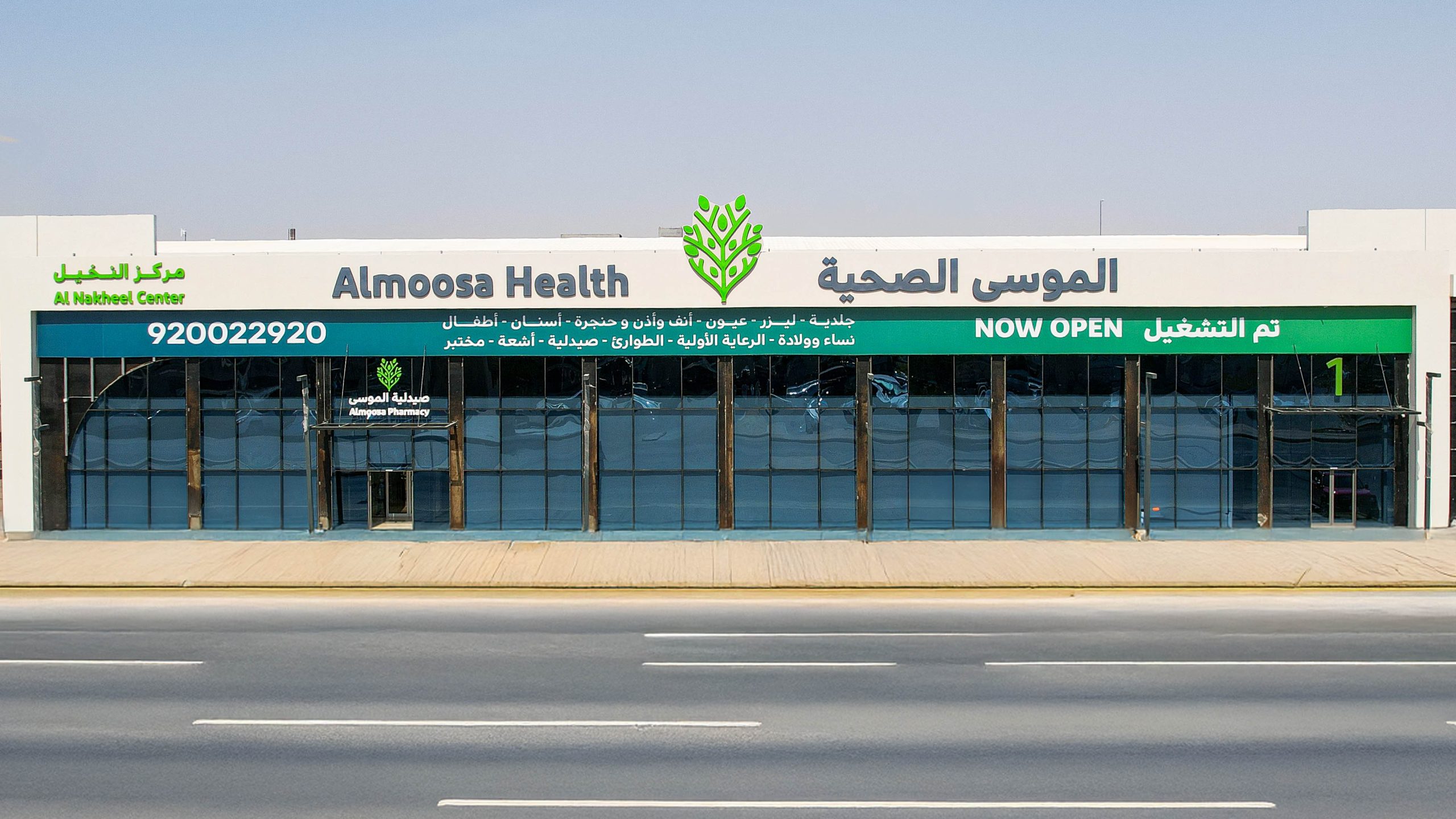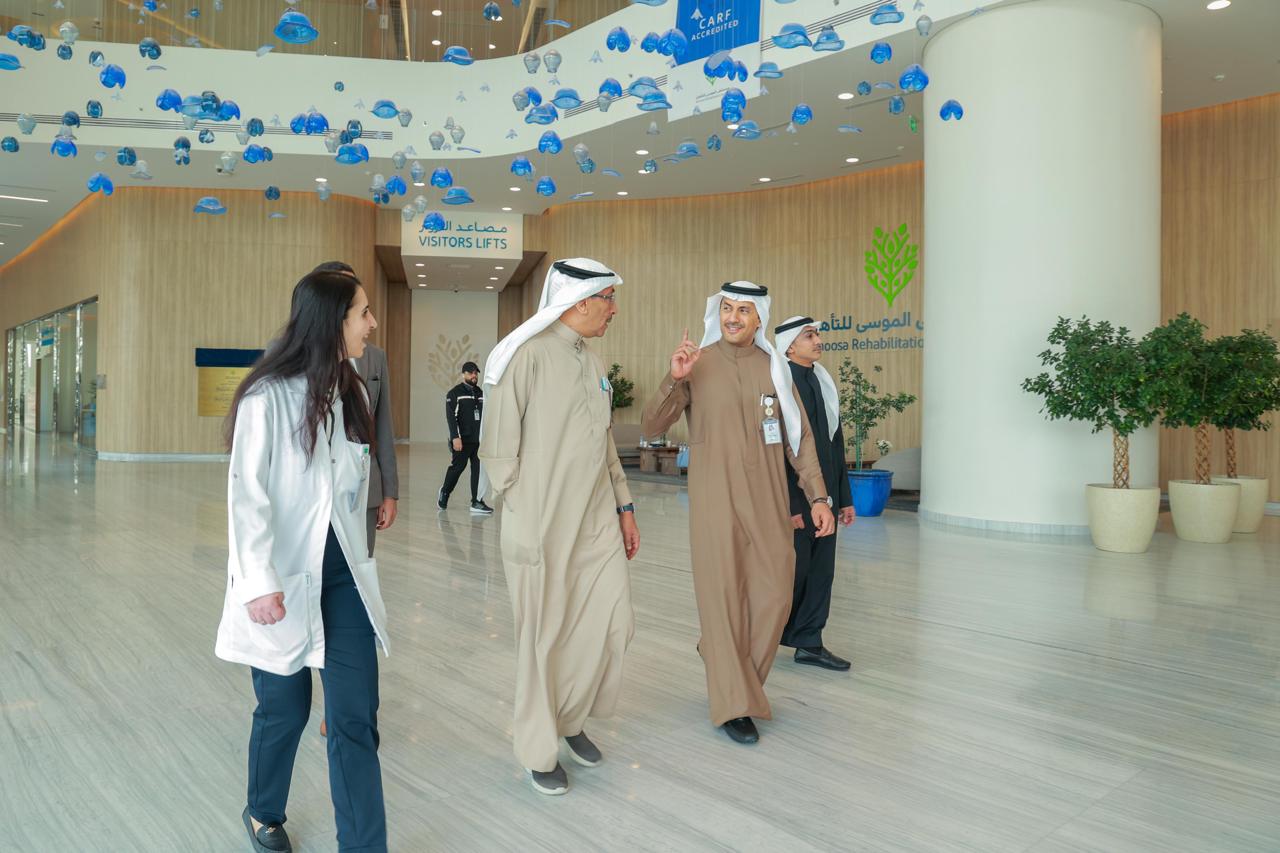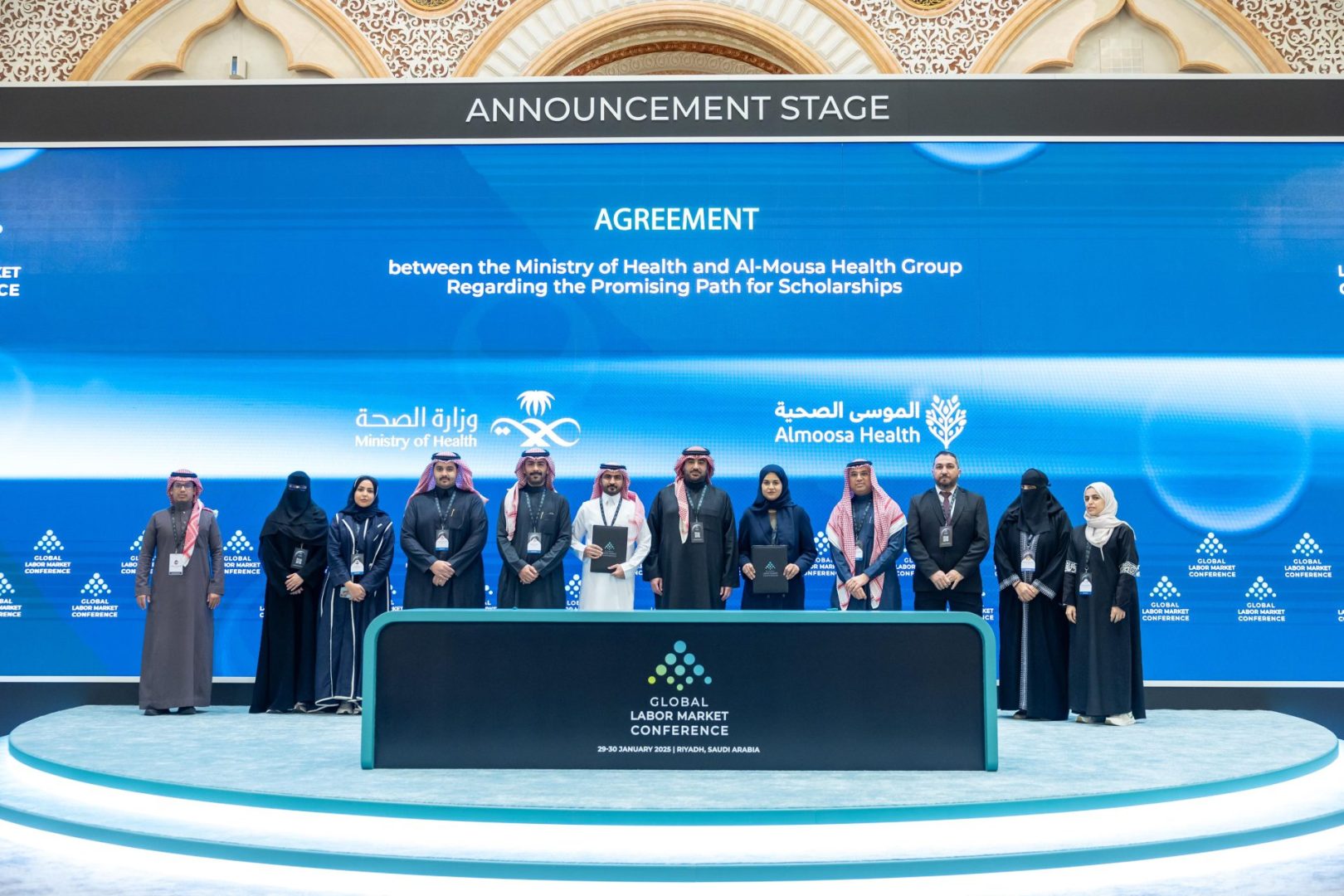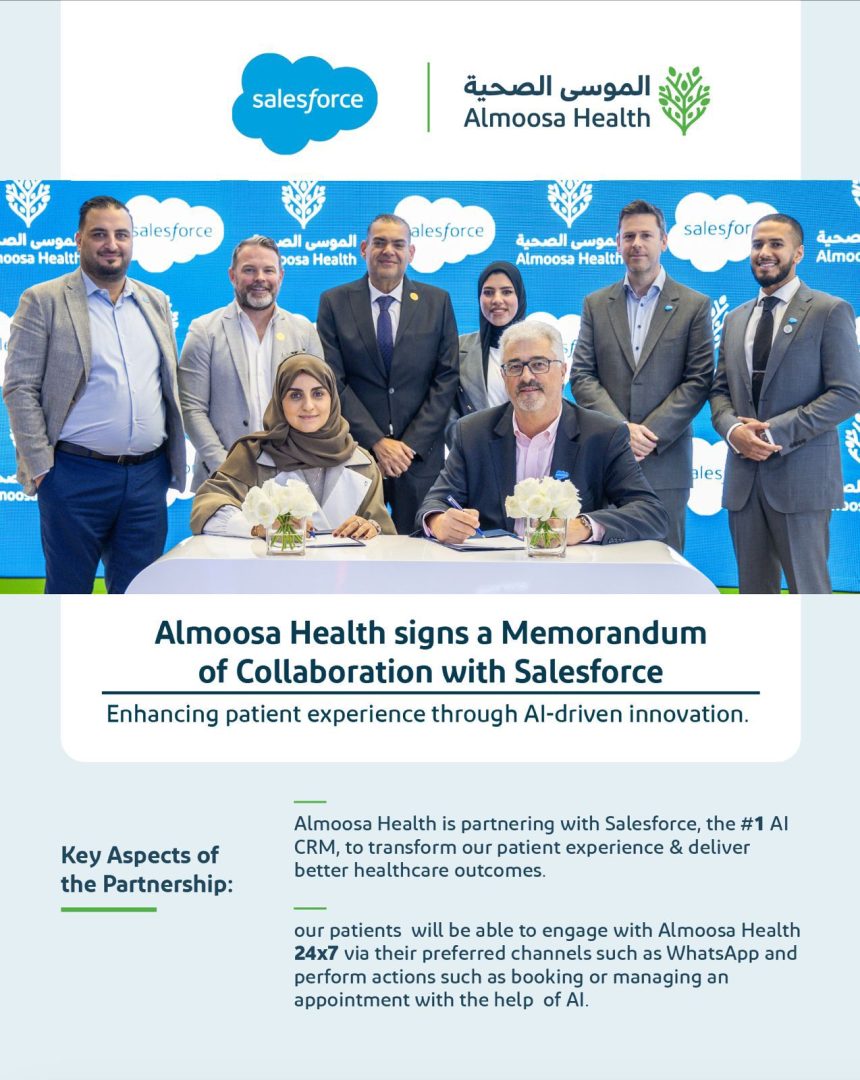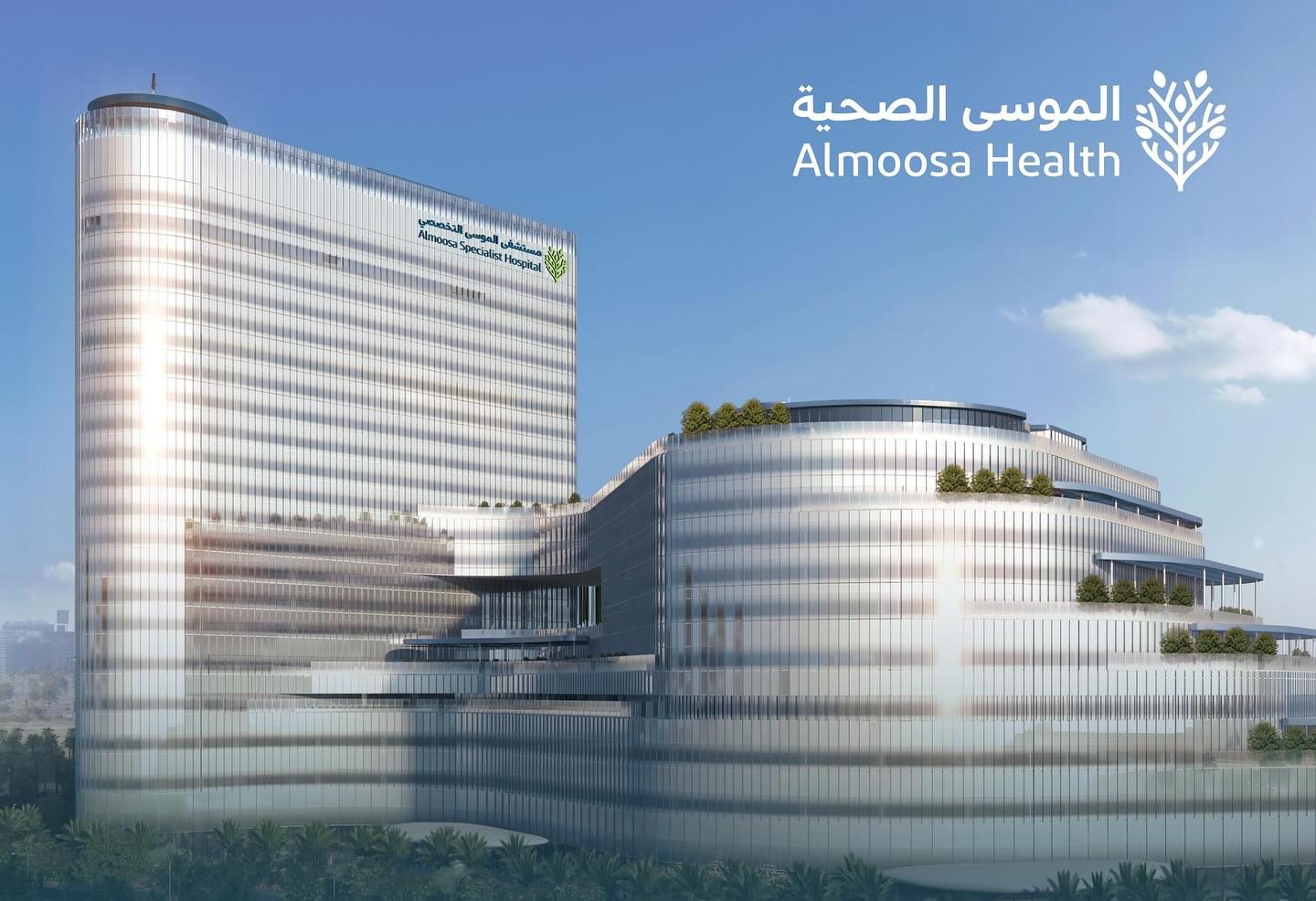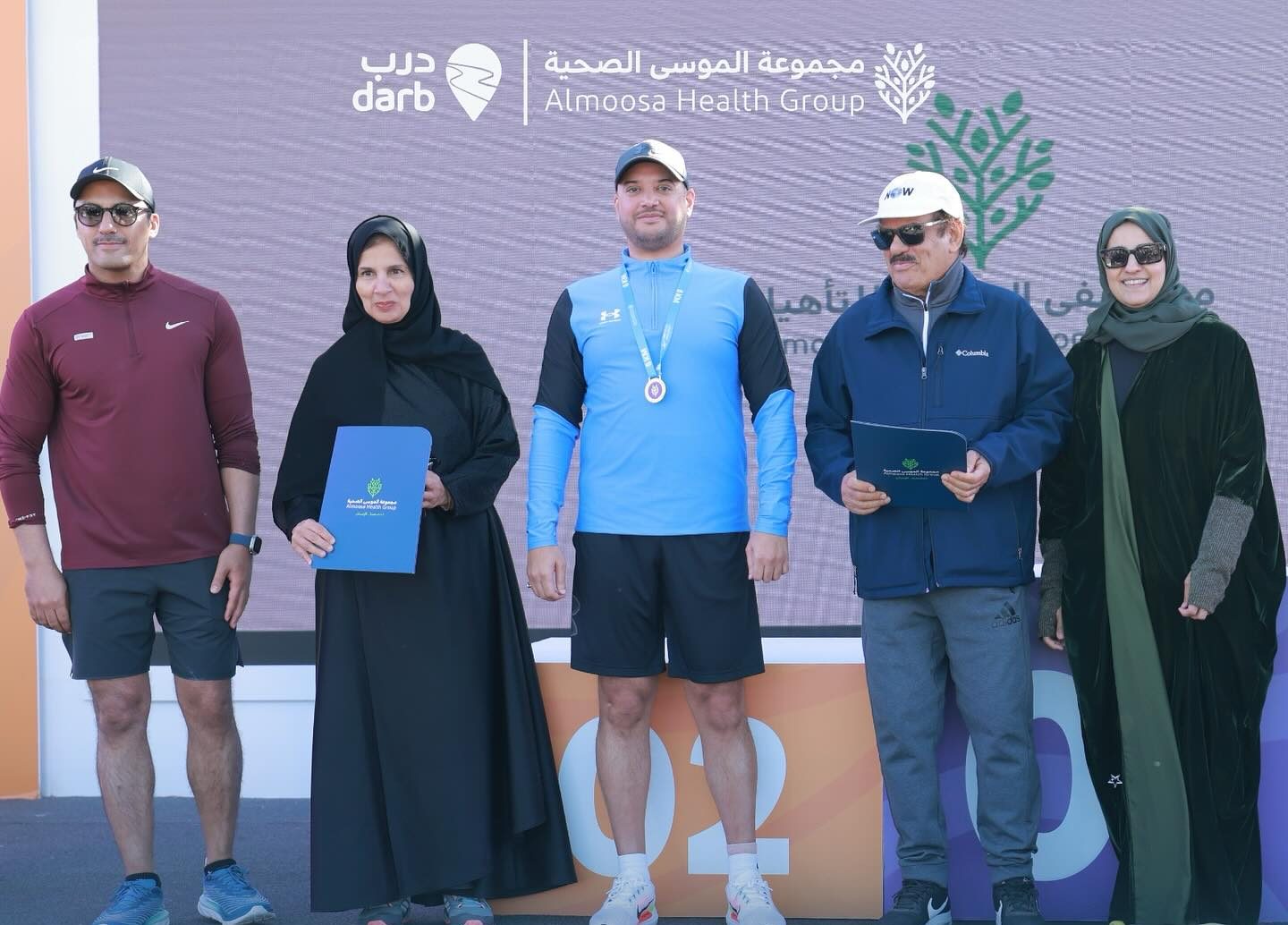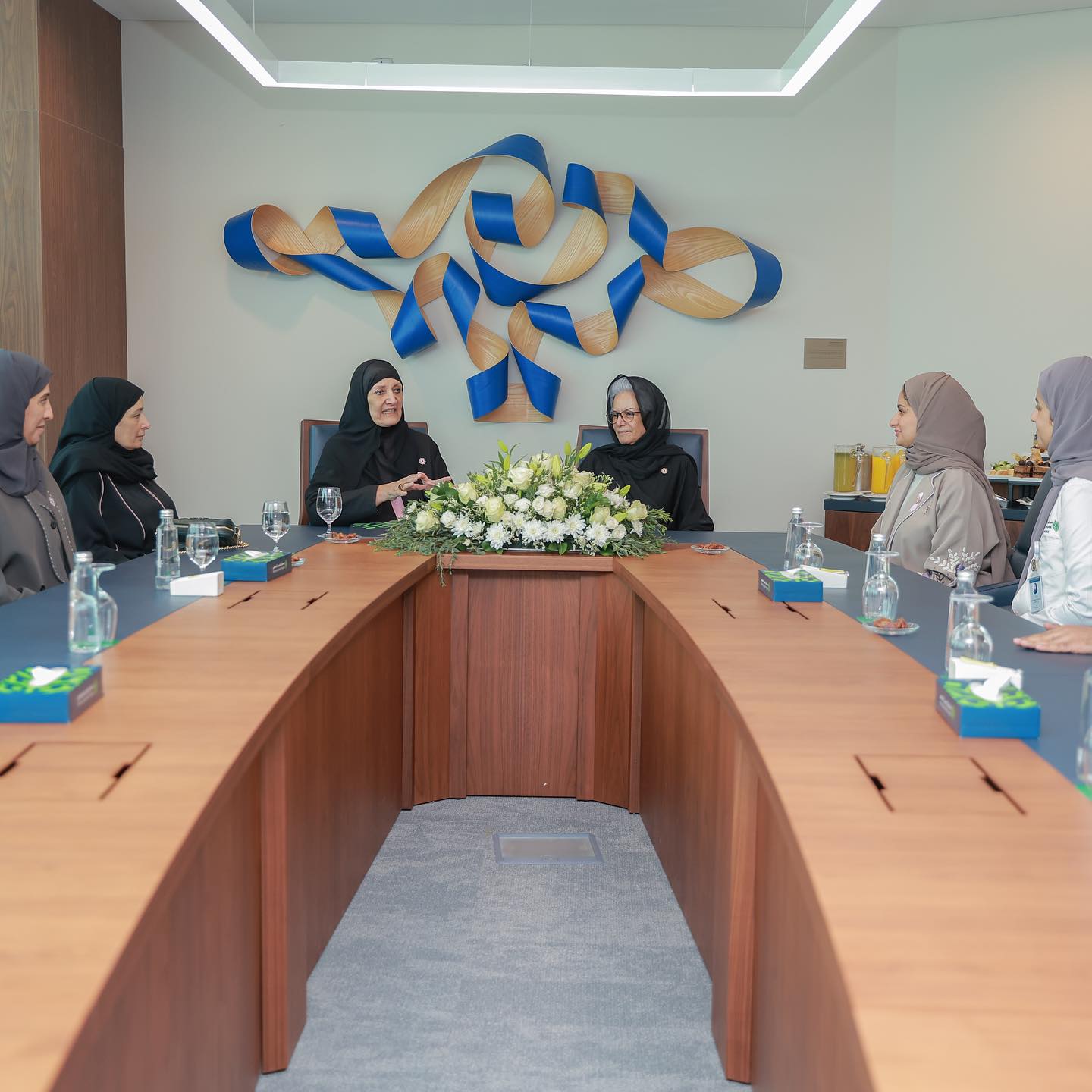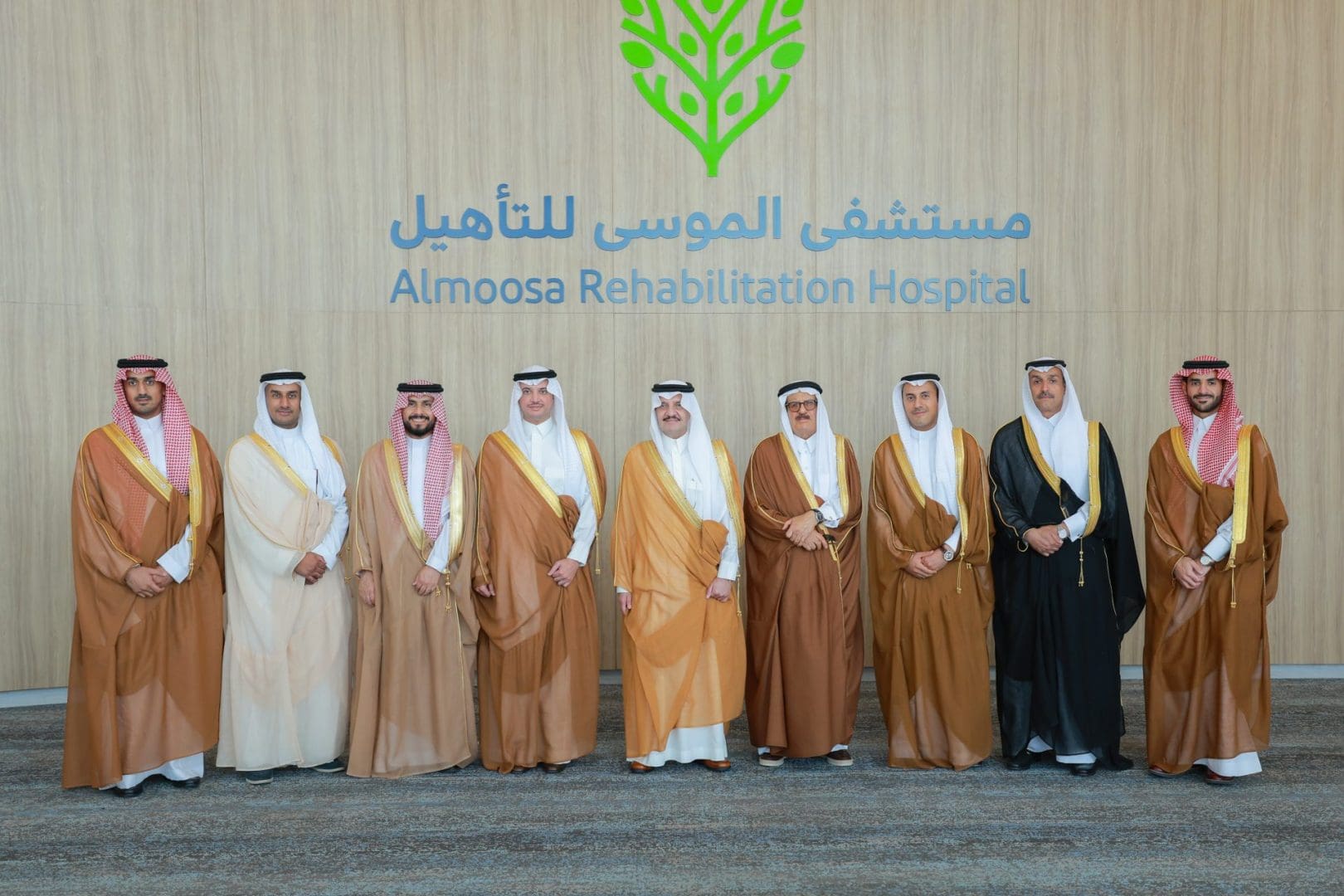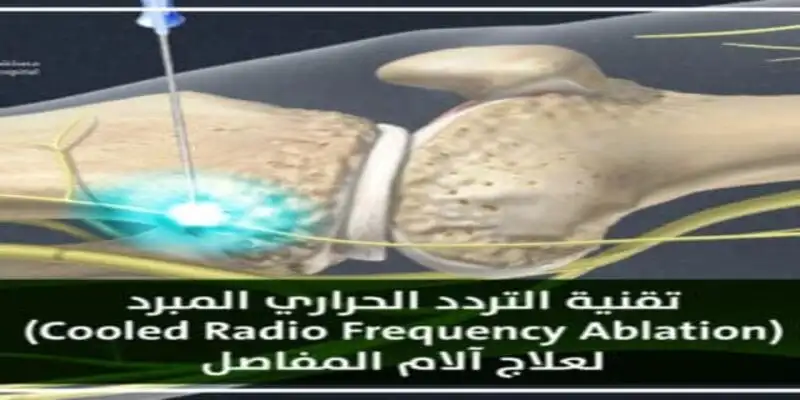

Cooled Radiofrequency Ablation Modality to Treat Chronic Joints Pain
Many people around the world, especially the elderly, are suffering from chronic joints pain, chronic neck pain, and chronic back pain, especially when the surgery is not an option either because of the patient’s age or because of having chronic diseases that prevent the patient from having the surgery.
On the other hand, physicians attempt to offer optimal treatment that is appropriate for all these patients. Here at Almoosa Specialist Hospital, we strive to find innovative treatment solutions that can relieve pain without the need for surgical intervention.
As the first of its kind on the regional level, the pain management team, led by Dr. Hesham Soliman, an anesthesia consultant and chief of anesthesia and pain management department, and Dr. Osama Al-Attiyah, an anesthesia and pain management consultant, succeed in treating a patient with chronic knee pain using the newest modality of pain management which called cooled radiofrequency ablation.
What is the cooled radiofrequency ablation modality?
It is a minimally-invasive procedure used to treat chronic knee pain in 2-stpes approach:
First procedure, which is diagnostic: where the medication is injected into the nerves around the knee, which called the Genicular nerves.
This medication serves to temporarily block the pain signals.
The second step, which is the actual knee radiofrequency ablation
The Procedure is quite simple and easy. It is a day case procedure where a specialized needle is used to apply heat directly to the nerves of the knee. After this way, it is unable to continue sending pain signals to the brain. The pain relief from this procedure can last up to 2 years or more
Special things of the cooled radiofrequency ablation that can help with chronic pain include: relieving pain, improving mobility, improving the long-term physical function and quality of life, it is quick to be done, quick recovery time, no overnight hospital stays, and no need for surgical incision.
Lastly, all thanks and appreciation to the pain management team and we wish the patient a good health.
also like

